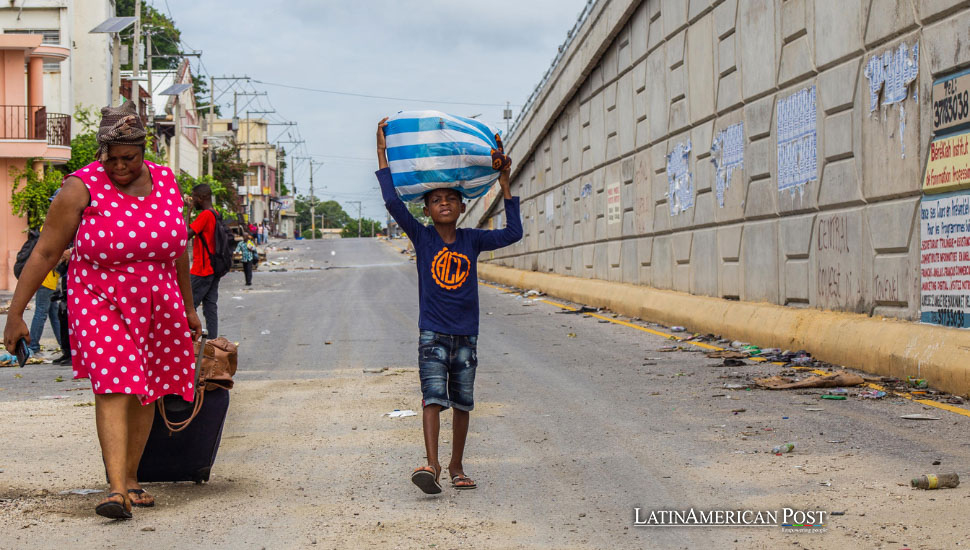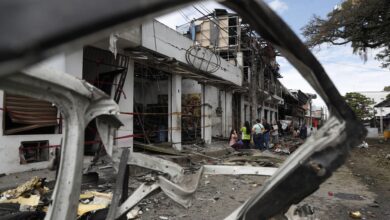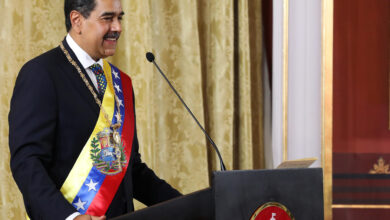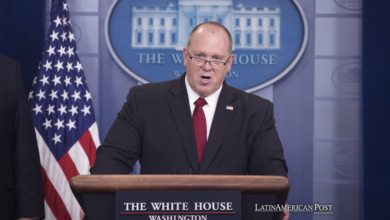Haiti’s Hunger Crisis: Driving Children to Armed Groups

As Haiti grapples with unprecedented hunger amid political chaos and climate disasters, Save the Children reports a distressing trend: starving children are joining armed gangs to survive, engaging in violence to secure food.
In Haiti, a country marked by its vibrant culture and tragic history of hardship, a severe hunger crisis is pushing children toward a grim path: joining armed gangs. Save the Children, a prominent NGO dedicated to child welfare has recently shed light on a harrowing situation where children and teenagers, driven by desperation, are committing acts of violence, including murder, kidnapping, and looting, to fend off starvation.
Escalating Crisis in Haiti
This disturbing trend is unfolding as Haiti faces an escalating cycle of violence and natural disasters that have devastated its infrastructure and economy, leaving the population in dire straits. Jules Roberto, Save the Children’s advisor on food and livelihoods in Haiti, starkly summarized the situation: “A hungry belly has no ears; it will go wherever it can find food, even if it means killing and looting to get it.”
The reports from Save the Children come amid worsening conditions in Haiti, where families struggle to eat even once a day. Single mothers pushed to the brink have reportedly considered or resorted to sex work to feed their children. These acts of desperation highlight the severe impacts of Haiti’s compounded crises on its most vulnerable populations.
The surge in gang violence has been particularly pronounced. According to an analysis of ACLED data by Save the Children, gang-related violence spiked by over 140% in early 2024 compared to the same period in 2021. From January to March 2024, at least 82 minors were killed or injured due to gang violence, representing a 55% increase from the last quarter of 2023, marking it as the most violent period for children in Haiti’s recorded history.
This violence is not random; it’s structured and pervasive, with gangs controlling over 90% of Port-au-Prince. This control severely restricts access to nutritious food and has increased the price of essential items by 21%, exacerbating the food crisis. The United Nations reports that between 30% to 50% of armed groups in Haiti now include children within their ranks. Many of these minors are coerced into joining, while others do so voluntarily as a survival strategy amidst the chaos.
Profound Impact on Child Welfare
The impact of this crisis on child welfare is profound. One out of every two children in Haiti faces severe food insecurity due to the scarcity exacerbated by gang violence. The situation is dire, with the very fabric of Haitian society at risk as its youngest members are drawn into cycles of violence and retribution.
In response to this escalating crisis, Save the Children has called on global leaders to protect Haiti’s most marginalized children from being recruited by armed groups. The NGO has also urged the UN Security Council to use its authority to end the impunity surrounding the use of children in these gangs, highlighting a crucial need for international intervention in a crisis that has both local and global implications.
The situation in Haiti is a stark reminder of the broader challenges facing Latin America and the Caribbean, where political instability, economic disparities, and environmental vulnerabilities often intersect to create complex humanitarian emergencies. In countries like Haiti, these factors are compounded by historical injustices, including centuries of exploitation and international interventions that have often prioritized geopolitical interests over the welfare of the local population.
Also read: Hunger in Haiti Reaches Record Levels
As the international community contemplates its role in addressing these crises, the immediate needs of Haiti’s children must be noticed. Solutions require a coordinated approach that combines immediate humanitarian aid with long-term strategies to restore stability and rebuild the nation’s capacity to feed and protect its people.
The plight of Haiti’s children is a call to action for all stakeholders involved in humanitarian aid, development, and global governance. Protecting these young lives from the horrors of hunger and forced participation in violence is not just a matter of charity but a profound moral and ethical obligation that speaks to the core of human rights principles.
As the world watches, the future of Haiti’s children hangs in the balance, dependent on the actions of both local leaders and international powers. The challenge is monumental, but the stakes—securing a future for the next generation free from violence and despair—are even more significant.




